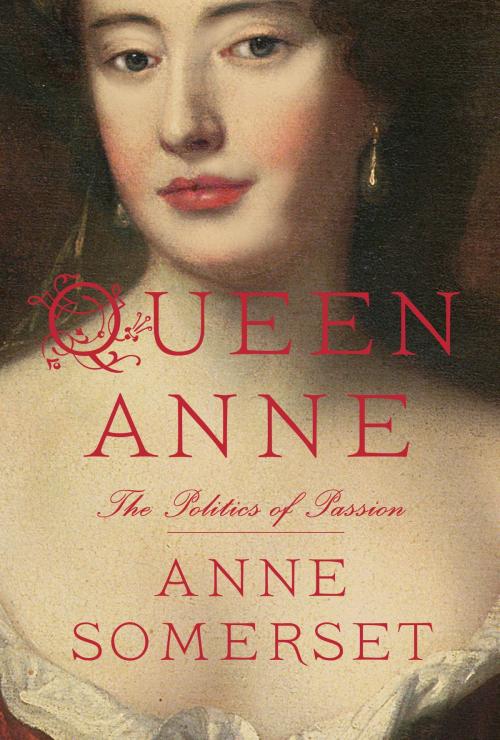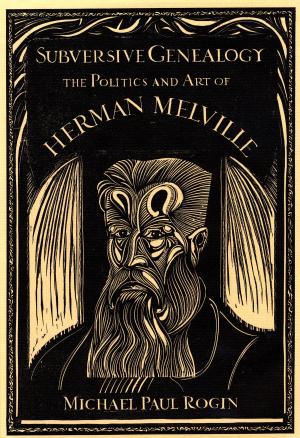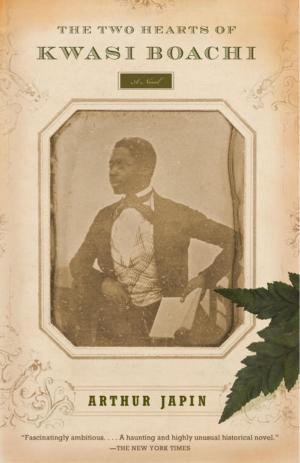| Author: | Anne Somerset | ISBN: | 9780307962898 |
| Publisher: | Knopf Doubleday Publishing Group | Publication: | October 15, 2013 |
| Imprint: | Vintage | Language: | English |
| Author: | Anne Somerset |
| ISBN: | 9780307962898 |
| Publisher: | Knopf Doubleday Publishing Group |
| Publication: | October 15, 2013 |
| Imprint: | Vintage |
| Language: | English |
She ascended the thrones of England, Scotland and Ireland in 1702, at age thirty-seven, Britain’s last Stuart monarch, and five years later united two of her realms, England and Scotland, as a sovereign state, creating the Kingdom of Great Britain. She had a history of personal misfortune, overcoming ill health (she suffered from crippling arthritis; by the time she became Queen she was a virtual invalid) and living through seventeen miscarriages, stillbirths, and premature births in seventeen years. By the end of her comparatively short twelve-year reign, Britain had emerged as a great power; the succession of outstanding victories won by her general, John Churchill, the Duke of Marlborough, had humbled France and laid the foundations for Britain’s future naval and colonial supremacy.
While the Queen’s military was performing dazzling exploits on the continent, her own attention—indeed her realm—rested on a more intimate conflict: the female friendship on which her happiness had for decades depended and which became for her a source of utter torment.
At the core of Anne Somerset’s riveting new biography, published to great acclaim in England (“Definitive”—London Evening Standard; “Wonderfully pacy and absorbing”—Daily Mail), is a portrait of this deeply emotional, complex bond between two very different women: Queen Anne—reserved, stolid, shrewd; and Sarah Churchill, Duchess of Marlborough, wife of the Queen’s great general—beautiful, willful, outspoken, whose acerbic wit was equally matched by her fearsome temper.
Against a fraught background—the revolution that deposed Anne’s father, James II, and brought her to power . . . religious differences (she was born Protestant—her parents’ conversion to Catholicism had grave implications—and she grew up so suspicious of the Roman church that she considered its doctrines “wicked and dangerous”) . . . violently partisan politics (Whigs versus Tories) . . . a war with France that lasted for almost her entire reign . . . the constant threat of foreign invasion and civil war—the much-admired historian, author of Elizabeth I (“Exhilarating”—The Spectator; “Ample, stylish, eloquent”—The Washington Post Book World), tells the extraordinary story of how Sarah goaded and provoked the Queen beyond endurance, and, after the withdrawal of Anne’s favor, how her replacement, Sarah’s cousin, the feline Abigail Masham, became the ubiquitous royal confidante and, so Sarah whispered to growing scandal, the object of the Queen's sexual infatuation.
To write this remarkably rich and passionate biography, Somerset, winner of the Elizabeth Longford Prize for Historical Biography, has made use of royal archives, parliamentary records, personal correspondence and previously unpublished material.
Queen Anne is history on a large scale—a revelation of a centuries-overlooked monarch.
She ascended the thrones of England, Scotland and Ireland in 1702, at age thirty-seven, Britain’s last Stuart monarch, and five years later united two of her realms, England and Scotland, as a sovereign state, creating the Kingdom of Great Britain. She had a history of personal misfortune, overcoming ill health (she suffered from crippling arthritis; by the time she became Queen she was a virtual invalid) and living through seventeen miscarriages, stillbirths, and premature births in seventeen years. By the end of her comparatively short twelve-year reign, Britain had emerged as a great power; the succession of outstanding victories won by her general, John Churchill, the Duke of Marlborough, had humbled France and laid the foundations for Britain’s future naval and colonial supremacy.
While the Queen’s military was performing dazzling exploits on the continent, her own attention—indeed her realm—rested on a more intimate conflict: the female friendship on which her happiness had for decades depended and which became for her a source of utter torment.
At the core of Anne Somerset’s riveting new biography, published to great acclaim in England (“Definitive”—London Evening Standard; “Wonderfully pacy and absorbing”—Daily Mail), is a portrait of this deeply emotional, complex bond between two very different women: Queen Anne—reserved, stolid, shrewd; and Sarah Churchill, Duchess of Marlborough, wife of the Queen’s great general—beautiful, willful, outspoken, whose acerbic wit was equally matched by her fearsome temper.
Against a fraught background—the revolution that deposed Anne’s father, James II, and brought her to power . . . religious differences (she was born Protestant—her parents’ conversion to Catholicism had grave implications—and she grew up so suspicious of the Roman church that she considered its doctrines “wicked and dangerous”) . . . violently partisan politics (Whigs versus Tories) . . . a war with France that lasted for almost her entire reign . . . the constant threat of foreign invasion and civil war—the much-admired historian, author of Elizabeth I (“Exhilarating”—The Spectator; “Ample, stylish, eloquent”—The Washington Post Book World), tells the extraordinary story of how Sarah goaded and provoked the Queen beyond endurance, and, after the withdrawal of Anne’s favor, how her replacement, Sarah’s cousin, the feline Abigail Masham, became the ubiquitous royal confidante and, so Sarah whispered to growing scandal, the object of the Queen's sexual infatuation.
To write this remarkably rich and passionate biography, Somerset, winner of the Elizabeth Longford Prize for Historical Biography, has made use of royal archives, parliamentary records, personal correspondence and previously unpublished material.
Queen Anne is history on a large scale—a revelation of a centuries-overlooked monarch.















